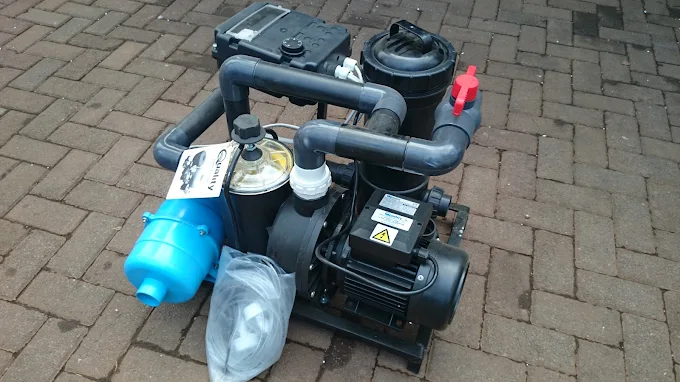Erectile dysfunction (ED) is a common condition affecting millions of men worldwide, particularly as they age. Characterized by the inability to achieve or maintain an erection sufficient for sexual activity for use Vidalista 20 mg, ED can significantly impact a man’s self-esteem, relationships, and quality of life.
In response to this issue, several oral medications—like Viagra (sildenafil), Cialis (tadalafil), Levitra (vardenafil), and Stendra (avanafil)—have become popular treatment options. But how effective are these ED medicines, really? Let’s take a closer look.
How Do ED Medicines Work?
Most ED medications belong to a class of drugs called PDE5 inhibitors. These drugs work by enhancing blood flow to the penis in response to sexual stimulation. They inhibit an enzyme called phosphodiesterase type 5 (PDE5), which normally breaks down a substance (cGMP) responsible for relaxing blood vessels. By preserving cGMP, these drugs help the blood vessels in the penis remain dilated, making it easier to achieve and sustain an erection.
It’s important to understand that these medications do not cause automatic erections. Sexual arousal is still required for them to be effective.
Are They Really Effective?
Yes—in most cases, ED medications are highly effective. Clinical studies and real-world usage both show positive outcomes for many men.
Effectiveness Rates (Approximate):
- Viagra (sildenafil): 70-80%
- Cialis (tadalafil): 75-85%
- Levitra (vardenafil): 70-80%
- Stendra (avanafil): 65-75%
These statistics reflect the percentage of men who achieve improved erectile function with use. Effectiveness can vary depending on the individual’s age, overall health, severity of ED, and other factors like psychological state or underlying medical conditions.
Factors That Influence Effectiveness
While ED medications work well for most men, they’re not a one-size-fits-all solution. Several factors can influence their effectiveness:
1. Underlying Health Conditions
Men with diabetes, heart disease, or nerve damage may find ED meds less effective. However, many still benefit from adjusted doses or alternative therapies.
2. Alcohol and Food Intake
Some medications, like Viagra, are less effective when taken with heavy meals or alcohol. Cialis is more flexible in this regard.
3. Timing
Each ED medication has a specific window for optimal effectiveness. For instance, Viagra works best when taken 30-60 minutes before sex and lasts about 4-6 hours. Cialis, known as the “weekend pill,” can work for up to 36 hours.
4. Psychological Factors
Stress, anxiety, and depression can interfere with the effectiveness of ED drugs. In such cases, counseling or therapy may be needed in conjunction with medication.
Are There Risks or Side Effects?
Like any medication, ED pills come with potential side effects. Common ones include:
- Headaches
- Flushing
- Nasal congestion
- Upset stomach
- Dizziness
- Back or muscle pain (especially with Cialis)
Serious but rare side effects include vision or hearing loss and prolonged erections (priapism), which require immediate medical attention.
ED medicines are not suitable for men who take nitrates for chest pain, as the combination can lead to a dangerous drop in blood pressure.
Conclusion: Are ED Medicines Worth It?
For most men, the answer is yes. ED medications are generally effective, safe when used as prescribed, and can dramatically improve sexual performance and confidence.
However, they are not a cure for erectile dysfunction. Lifestyle changes—like losing weight, exercising regularly, quitting smoking, and managing stress—can enhance both sexual performance and overall health.
Before starting any ED medication, it’s essential to consult a healthcare provider. This ensures the treatment is safe, appropriate, and tailored to your specific needs.





